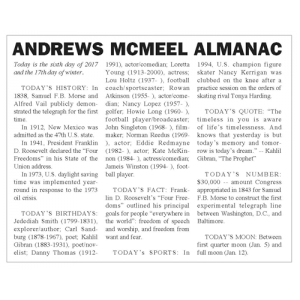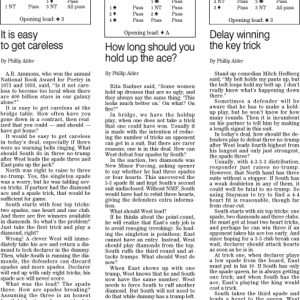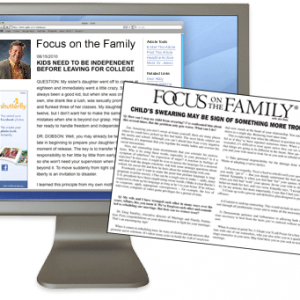Description
Where is Hope Today?
Many of us worry about surviving the current recession that is costing jobs, homes, college tuition for our kids and retirement security. But we can profit by looking back at how relatives survived during even worse crises.
The critical virtue that motivated them over and over again was hope — hope that they would survive and that the future would be better than the past. Many were willing to suffer through hardships much worse than ours today in the expectation that if their efforts did not pay off during their own lifetimes, at least their children and grandchildren would reap the benefits of their efforts and sacrifices.
Let’s look at how that worked concretely.
The Bird family (Kate’s family) emigrated to what became the U.S. in the 1760s from Great Britain. They came because their lives in their home country had become untenable — they knew that staying in Britain would lead them to even more impoverished conditions.
Imagine how hard it must have been for them to leave family and friends to travel over treacherous oceans without knowing if they would survive the trip, or even what they might find in an unknown country.
Initially, the Birds settled along the upper East Coast by the Atlantic Ocean. Through hard work and taking many risks, they began to prosper. A couple of centuries later, they risked their lives and worldly positions by joining the Revolutionaries to fight for freedom from Britain.
Family legend has it that the Birds relished their independence and moved westward when they became uncomfortable with their prosperity. They continued their ancestors’ example by once again embarking on an odyssey of their own. They came to like being pioneers, settling new lands.
Augustus Bird, a builder, made contributions to American life that are memorialized to this day: His name can be found on the cornerstone of the city hall in what became Madison, Wis.
Then there was Allen Bird, who moved to the wild territory of what became Arizona. He was a mining engineer that traveled by horseback gathering data on mines. His work can be followed in the newspaper he founded.
The Birds’ experience was far from unique to them, however. It was replicated by countless other people that endured similar hardships for the sake of a better future for themselves and their descendents. Hope, for them, was a predominant virtue. Without hope, they never would have found the courage to tolerate the many difficulties they went through along the way.
So, what lesson can we take from those distant relatives?
We can draw on their sense of abundant hope. The kind of trust that says we will come out of the current difficult situation sooner or later. We may even be stronger for the hardships we’re enduring now. But it won’t be easy — perhaps no simpler than it was for our ancestors to face an unknown future and to take such risks for their future security.
We don’t see much hope mentioned in the media or by our politicians, but we can refuse to dwell on their doomsday reports. We need to look back at our family and our country’s record to remind ourselves that we’ll survive this predicament.
Search for those who speak in more hopeful terms. We realize that’s difficult to do from our own experience. Like many retirees, we live on fixed incomes and have seen our savings go down by 40 percent or more.
That means making some unpleasant choices in how we are living — something we never expected to do as recently as last year.
E-mail Joe Volz at volzjoe2003@yahoo.com or write to 2528 Five Shillings Rd., Frederick, MD 21701. To find out more about Joe Volz and read features by other Creators Syndicate writers and cartoonists, visit the Creators Syndicate website at www.creators.com.







Reviews
There are no reviews yet.